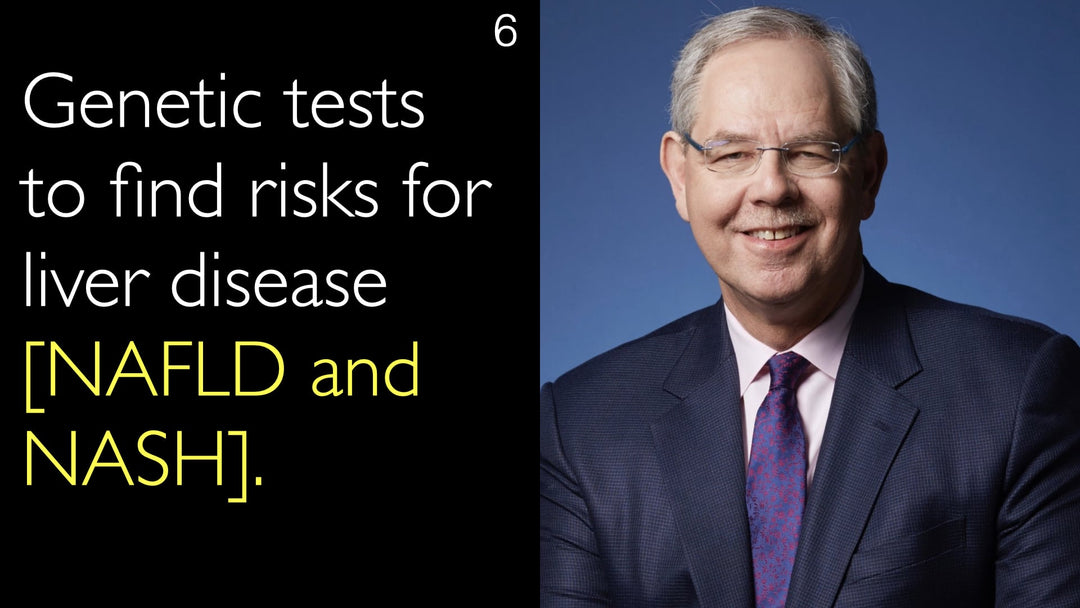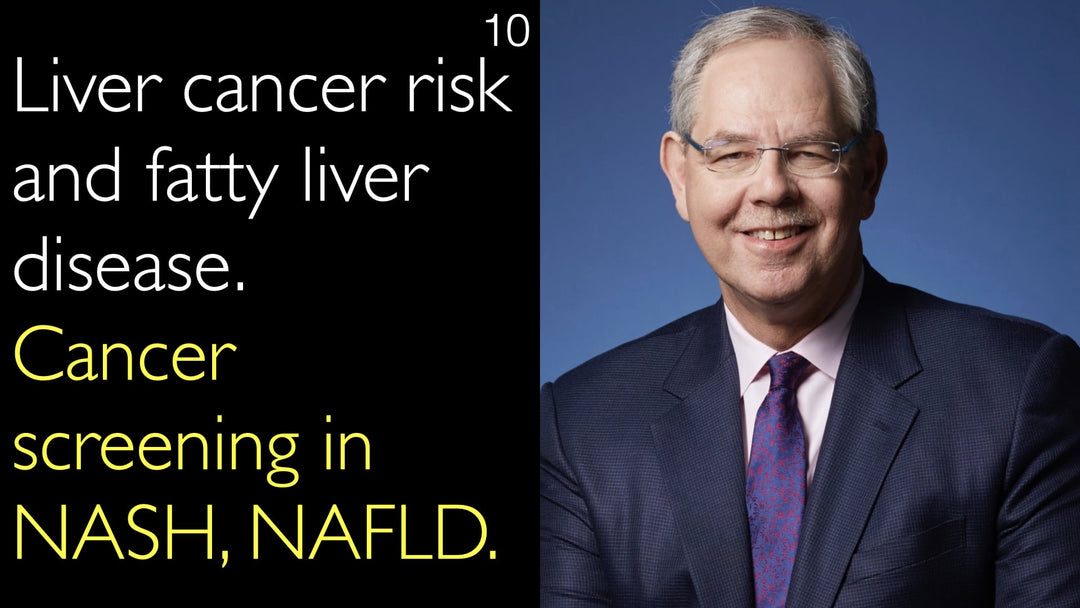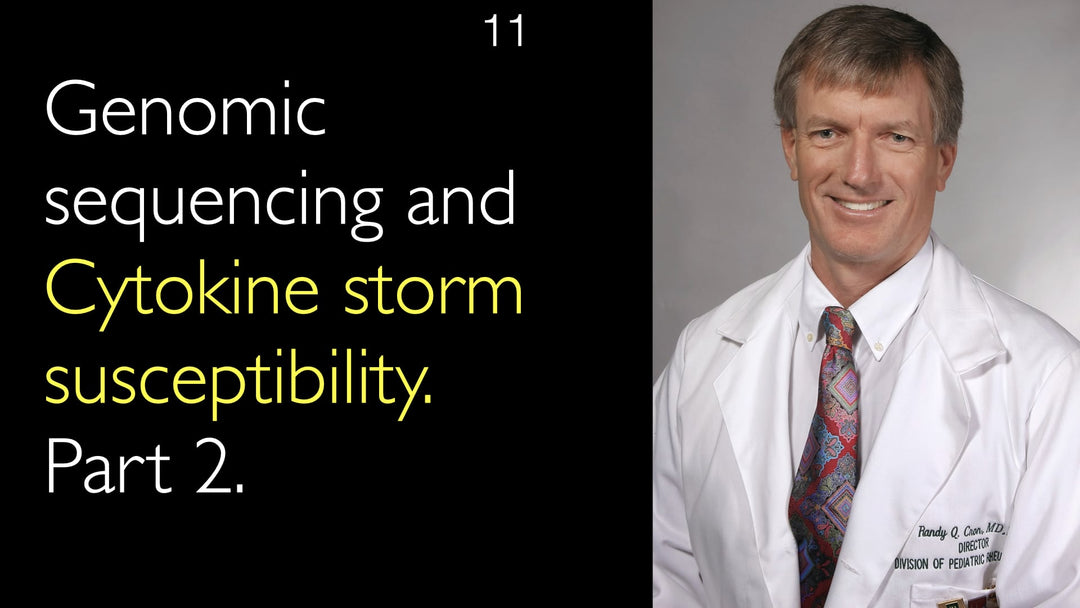Leading expert in colorectal cancer, Dr. Hans-Joachim Schmoll, MD, explains how traditional fecal occult blood tests only detect intermediate or advanced stage cancers. He details the evolution to more sensitive molecular tests that analyze tumor DNA in stool or blood for early colon cancer detection. Dr. Hans-Joachim Schmoll, MD, discusses the benefits and current limitations of circulating tumor DNA screening. He outlines the structure of national screening programs in Germany and the US. The interview concludes that advanced laboratory tests detecting tumor DNA represent the future of effective, non-invasive early colon cancer screening.
Advanced Colon Cancer Screening: Tumor DNA Tests in Blood and Stool
Jump To Section
- Traditional Screening Limitations
- Molecular Testing Evolution
- Circulating Tumor DNA Potential
- Screening Program Structure
- Future Screening Strategies
- Full Transcript
Traditional Screening Limitations
Traditional colon cancer screening has long relied on the fecal occult blood test. Dr. Hans-Joachim Schmoll, MD, explains that this test looks for hidden blood in the stool, which is a sign of a potential tumor. However, he clarifies a critical limitation for Dr. Anton Titov, MD. A tumor typically only bleeds when it is more advanced. This means the occult blood test is not a method for early colon cancer detection.
This screening method often identifies intermediate or advanced stage cancers. Dr. Hans-Joachim Schmoll, MD, notes that by the time a tumor is bleeding, the chance for an easy cure may have passed. While this test is still widely used in programs in Germany, the UK, and many other countries, it is not optimal for preventing colorectal cancer deaths through early diagnosis.
Molecular Testing Evolution
The need for early colon cancer detection has driven the development of more sensitive screening methods. Dr. Hans-Joachim Schmoll, MD, describes a superior approach to Dr. Anton Titov, MD. Instead of looking for indirect signs like blood, it is better to look directly for tumor cells and molecules that a tumor releases into the feces.
He highlights a significant advancement: a combination test. This test pairs an immunological fecal occult blood test with analysis for the KRAS mutation in tumor DNA. Dr. Hans-Joachim Schmoll, MD, states this is currently one of the most effective non-invasive screening tests available. It moves beyond detecting only advanced cancers and offers a more powerful tool for finding colorectal cancer at earlier, more treatable stages.
Circulating Tumor DNA Potential
The future of non-invasive screening lies in analyzing circulating tumor DNA (ctDNA). Dr. Hans-Joachim Schmoll, MD, explains to Dr. Anton Titov, MD, that modern molecular biology can now detect tumor DNA in blood, urine, or stool. A test that identifies tumor DNA at a very early stage would be the best possible indirect screening method.
While currently expensive due to sophisticated laboratory equipment, Dr. Schmoll is confident the situation will change. High-throughput testing is improving, which will significantly decrease the cost. He predicts that health authorities will soon adopt these ctDNA tests based on their accuracy, price, and reliability, making them a cornerstone of future screening programs.
Screening Program Structure
Organized screening programs form the backbone of population-wide colon cancer prevention. Dr. Hans-Joachim Schmoll, MD, outlines the structure of the German program for Dr. Anton Titov, MD. Screening typically begins at age 50, or earlier if there is a family history of colon cancer.
The program offers a colonoscopy and rectoscopy every 10 years. Dr. Schmoll confirms that the United States has a very similar program, which Germany adopted. While effective, a ten-year interval has a weakness: tumors can appear between screenings. An annual non-invasive DNA-based test could perfectly fill this gap, providing continuous monitoring without the burden and risk of frequent invasive procedures.
Future Screening Strategies
The optimal colon cancer screening strategy balances effectiveness, cost, and patient compliance. Dr. Hans-Joachim Schmoll, MD, discusses this balance with Dr. Anton Titov, MD. Current methods like colonoscopy are excellent but carry risks of side effects, misdiagnosis, and are costly for healthcare systems.
The ideal future test would be a convenient, high-accuracy molecular tool. Dr. Schmoll suggests a simple blood draw every six months or year could be a powerful strategy. A positive result on any non-invasive screening test must always be followed by a confirmatory colonoscopy. He concludes that advanced laboratory tests detecting tumor DNA represent the best path forward for effective, widespread early colon cancer detection.
Full Transcript
Colon cancer screening best tests are non-invasive. Why does a fecal blood test detect only advanced stage colorectal cancer? How can analysis of tumor DNA help in early cancer detection? How to detect colon cancer DNA and RNA in blood? A leading colorectal cancer oncologist and research expert discusses colon cancer diagnosis and treatment options.
We also look for indirect methods of colon cancer screening. This is clearly the examination of feces. We look for a sign of the colon cancer tumor in the stool.
Dr. Anton Titov, MD: For many years, occult blood test was the only early colorectal cancer screening test. We try to see if there is some blood coming from the colon cancer tumor.
Dr. Hans-Joachim Schmoll, MD: Hidden blood can be detected in the stool. It indicates potentially a cancer in large bowel or rectum. However, testing for hidden blood in feces is not an early detection of colon cancer. This is a screening for intermediate or advanced stage cancers.
Sometimes a colon cancer tumor is bleeding, then it is too late. For detecting colon cancer at early stage, blood testing of feces is not a good method.
Dr. Anton Titov, MD: But we need early colon cancer detection, when there is a high chance for cure. Occult fecal blood testing is done in Germany and the UK and in many countries.
Dr. Hans-Joachim Schmoll, MD: Fecal occult blood testing is a good single test. But it is not good enough to prevent colon cancer diagnosis at only a late stage. This screening method is not a good test to prevent deaths from colorectal cancer.
The best method to test for early colon cancer is to have a more sensitive method of colon cancer detection. It is better to look directly for tumor cells and tumor molecules. Tumor releases cells and molecules into the feces.
There is a recent test that is moving in that direction. It is the immunological fecal occult blood test combined with the KRAS mutation in tumor DNA molecule. It is probably currently the most effective screening test to analyze feces for early stages of colorectal cancer instead of advanced stages.
This fecal occult blood test and KRAS mutation detection is a combination of immunology test and molecular test. It is a more expensive test. It took a long time for KRAS and fecal occult blood test to be accepted by the health authorities in United States and in Germany and other countries.
Dr. Anton Titov, MD: But now KRAS + fecal occult blood test may be the preferred standard fecal test for colorectal cancer screening. This test is very good and very important indirect test for colon cancer screening.
Dr. Hans-Joachim Schmoll, MD: But again, this is not a test for early colon cancer detection. The best indirect test would be the one that detects the tumor DNA at very early colon cancer stage.
Such test should be highly reproducible. Such colon cancer screening test should be easy to do. Patients who use this test should have positive opinion about it. It is clearly a molecular-based test.
Now we have reached the time when we can test circulating tumor DNA in blood or urine or stool. Modern molecular biology methods can easily measure this circulating tumor DNA. It is quite expensive to test for circulating tumor DNA.
Because the machines that do such testing are very sophisticated. However, high throughput testing is being improved. It means that the price for such circulating tumor DNA screening for colon cancer will decrease significantly.
Testing for circulating tumor DNA would be the best method of screening. It is not yet used very often.
Dr. Anton Titov, MD: But I am sure the situation will change in 1 or 2 years. Different health authorities will adopt the use of such screening test depending on its accuracy, price, and so on.
The molecular colon cancer screening test has to be reliable. Sometimes tumor DNA is tested in feces, in urine or in blood. The adoption of molecular screening tests for early colon cancer will depend upon the convenience of such tests for patients.
But molecular-based test is probably the best strategy to ask for.
Dr. Hans-Joachim Schmoll, MD: Perhaps a regular blood test every six months or once a year can be done. Fecal testing is a good alternative to blood testing. But good early colon cancer screening test should be done in standard sealed simple system.
Dr. Anton Titov, MD: Such test should be a high accuracy tool to detect tumor DNA by various means. Positive screening test result should then be followed by a colonoscopy.
Currently, the colon cancer screening program in Germany starts at age of 50.
Dr. Hans-Joachim Schmoll, MD: But start of colon cancer screening depends on presence of family history of colon cancer. Sometimes there is a family history of colon cancer, then screening should be started at an earlier age.
This is a colon cancer screening program that is done every 10 years. People get colonoscopy and rectoscopy for free. This colon cancer screening program is very effective.
Doing colon cancer screening every 10 years is acceptable. But colon cancer tumors can appear between screenings. Non-invasive tumor DNA test could be good. Such DNA-based screening test can be done without any problem every year.
But there is a lot of follow-up tests required in such screening program. This happens in Germany, for example, and in United States. The US has the same colon cancer screening program as Germany does.
Dr. Anton Titov, MD: The German colon cancer screening program was adopted from the United States. It is a lot of expensive work. There is also a risk of side effects from colonoscopy.
There is also a risk of misdiagnosis and misinterpretation of results. This increases the costs of screening program for the healthcare system. This screening program is now the optimal choice.
The fecal occult blood test is very good. The regular colonoscopy or sigmoidoscopy is excellent if done every ten years.
Dr. Anton Titov, MD: But the best tests to screen for early colon cancer would be more advanced laboratory tests that detect tumor DNA.







